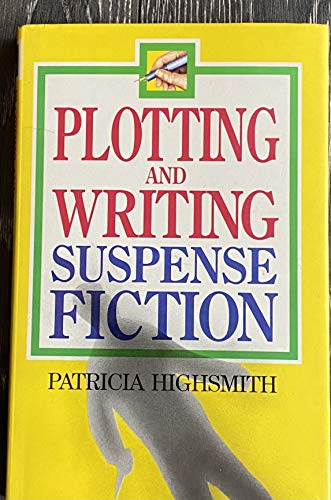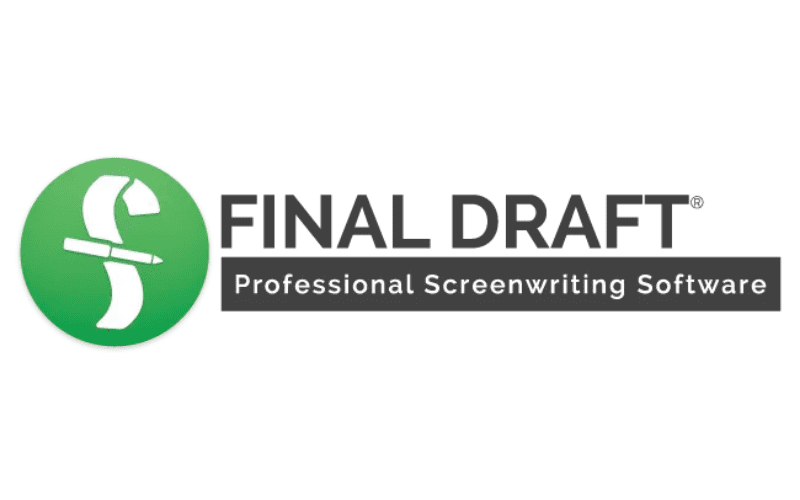(This is an updated & expanded version of Honest Advice for new Screenwriters in 2023, in light of more recent developments and my perspective as an agented writer).
This piece is aimed at anyone in the UK who wants to write scripts: maybe you're just starting or coming off a course (BA or MA), or are the intrepid outsider gung-ho-ing it with a copy of Save the Cat. You want to write movies and TV, maybe even get a shot at working on a big franchise like Doctor Who or Eastenders.
I
must first salute your first step into a creative field. It's exciting
and when it comes together on the page, a sublime feeling!
You will also no doubt be aware of everything else happening - the country is dealing with a cost of living crisis, and our entertainment industry has not been spared. The fallout of the (fully justified) SAG-AFTRA and WGA strikes in America, and an animation strike around the corner; rising costs leading to many in UK film and TV being out of work, with many more having left altogether, and most recently, the cancellation of a slew of shows, including longtime training ground Doctors.
It's undeniably a grim picture right now: nerves are frayed, slots are being cut and with
money low, the dream seems even more out of grasp. For the new
arrival to this field, you may be doubting your decision to try script
writing. Perhaps you've made some headway and now, things have dried up and you fear a career change is not far. Did you waste all that effort?
I've always endeavored for this blog to not just be optimistic, for the sake of new writers navigating an often frustrating business, but practical: to give you resources to find your way. So if you are a nervous student, or a curious enthusiast, here's my recommendations for what you can do. I'll split these into two categories: SCREENWRITER and LIFE.
SCREENWRITER
- If I can advise spending a little on something, invest in a copy of The UK Scriptwriter's Survival Guide: (for clarity, this is not a paid promotion.) Veteran film and TV scribes Tim Clague and Danny Stack (Eastenders, Doctors, Thunderbirds Are Go) give a practical, no B.S. guide on what you can do to help yourself get a foothold in the industry. I honestly believe this should be compulsory reading for all new screenwriters, as it will open your eyes to many possibilities (some we'll quickly touch on below too), as well as give you useful tips and tricks to navigate the business and avoid dead-ends.
- No matter what genre or style you like to write in, keep your scripts budget-friendly. Be conservative and smart with your sets, number of characters, production value and big set piece moments. Be mindful of locations too - do you need to be in London, for example? In TV terms, what's your precinct (where characters will spend most of their time) and how much can you get out of it? This is also true if you write movies: the Hollywood machinery doesn't exist here and your best bet is the world of microbudget feature films.
- Use this time and downturn (Inside the industry, the word is 'Survive till '25') to build a portfolio of scripts: 3 is the usual advice, but I'd say with the way things are, 5-6, in different mediums/genres is a better investment of what time and energy you have. And I don't mean 5-6 scripts you've just written - I mean 5-6 scripts you have polished and are proud of, which may be your ninth or tenth overall! And prioritize returnables over limited/miniseries.
- Sharpen the hell out of your logline and pitches. Never before has a succinct and easy way to sell your script mattered more - can you sell your show in one page, and even in just 30 words? That hook can make all the difference to if a producer or development person wants to add you to their huge reading list.
- Screenwriting and its storytelling methods don't just apply to movies and TV - it's writing, after all. With what you learn, you can diversify into other fields that do put up jobs in a more familiar way (sites like LinkedIn, Indeed etc) than the detective work associated with the big two. Web content (like scripts for Youtube videos), video games, podcasts, copywriting (writing adverts, written website content, promotional materials, pamphlets), all of these will utilize the skills you learn. Indeed, there are other roles where your skills can be used, as I discuss here.
LIFE
- Keeping or getting a day job is not a sign of failure or that you need to give up your writing dream - it's literally what's keeping you fed and alive. Balance and finding time to write can be done. If you take an extra few months to write a script because you've got other priorities, so what? It's not a race - just write something good and damned be if it takes six months or two years to write. No one has ever, in my experience, cared about length of development: just the end result.
- Connected to the first - if you have to retrain in a new field, it doesn't mean you can never write again. You'll have to adjust the timescale, again, but it's not impossible and not worth beating yourself up over.
- Take breaks. For the love of God, take breaks, do other things and just refresh yourself when you can: a trip to the park, play with your kids or pets, grab a big Mac. It will clear out mental cobwebs, lower stress and might help you find that missing piece in your story.
- In the middle of economic hardship, the standard advice of 'make your own thing' can be, at least, a little insensitive and presumptive. This also doesn't account for the freefall in independent theatre, so scratch nights are a dicier prospect (though if you have a way in, take it). If you were to ask me 'I don't have a lot of spare time or money. Should I do a short film, a video webseries, or a comedy/drama scripted podcast as a showcase/first credit?', I'd say pick the podcast - far lower costs and logistics than anything visual, everyone has a decent-quality mic on their phone or laptop nowadays, and it puts your unique voice as a writer front and center.
- Even when things pick up again in the next year or two, everything in film and TV will still be rather SLOW. Everything takes time, reading backlogs have never been bigger, and everything is
about your initiative and productiveness. This is not a career for those
who are lazy or just expect, for whatever reason, things to come
to them.It also means don't be disheartened if a script takes months to get read. I take about how to check in here
The simple takeaway here is that building a career in the arts is hard. It was already really hard, but the economic plight and years of questionable decision making has compounded that challenge. But, and this is the fuller takeaway, it's not without little rays of hopeful sunshine, twee as that might read. So long as you keep practicing, keep writing and keep on experimenting, you still have a chance, and this industry needs you.
(P.S. If you can, follow The TV Mindset and share #Leftinthedark, to highlight the failure to support freelancers in this industry.)








